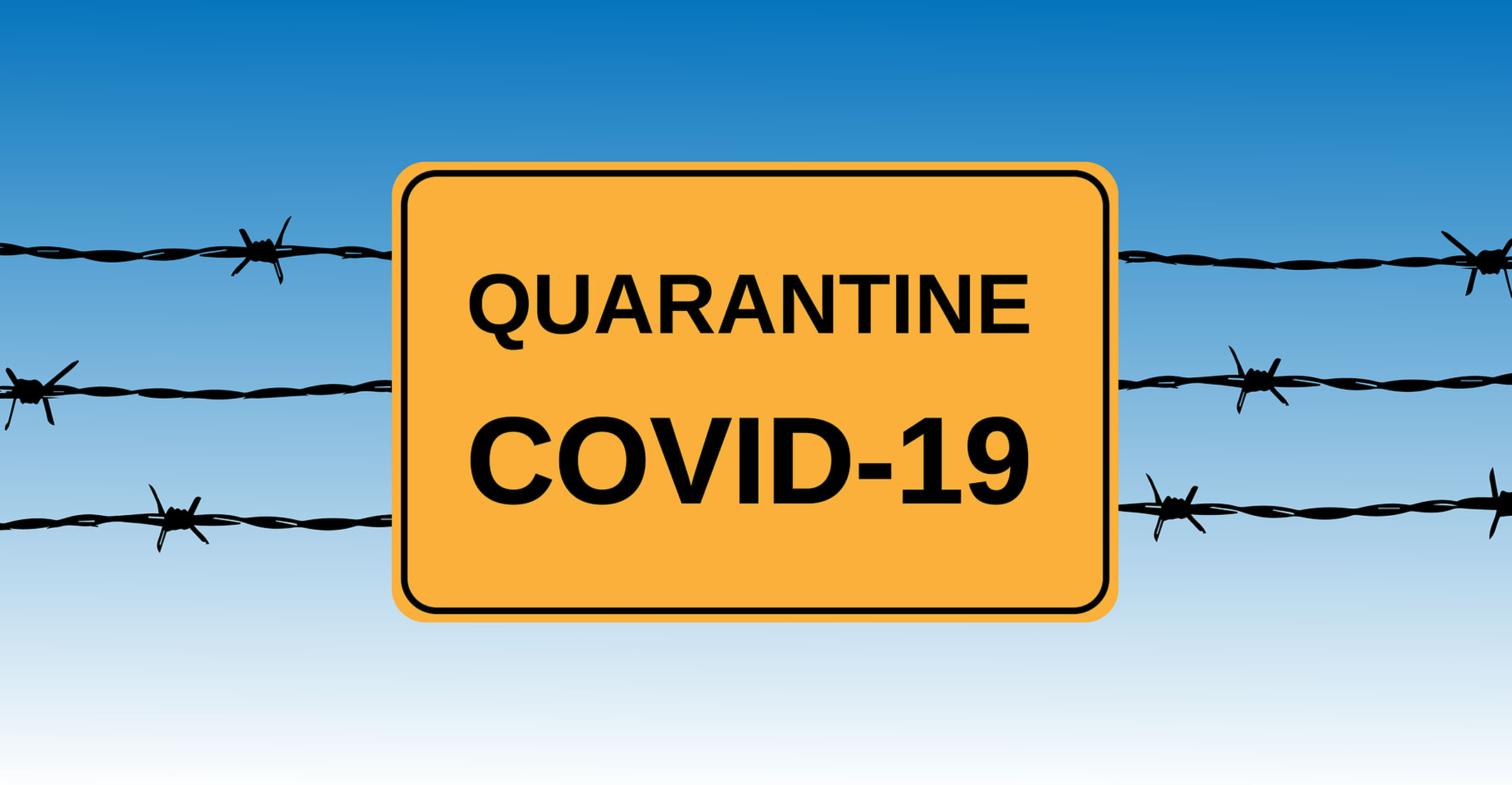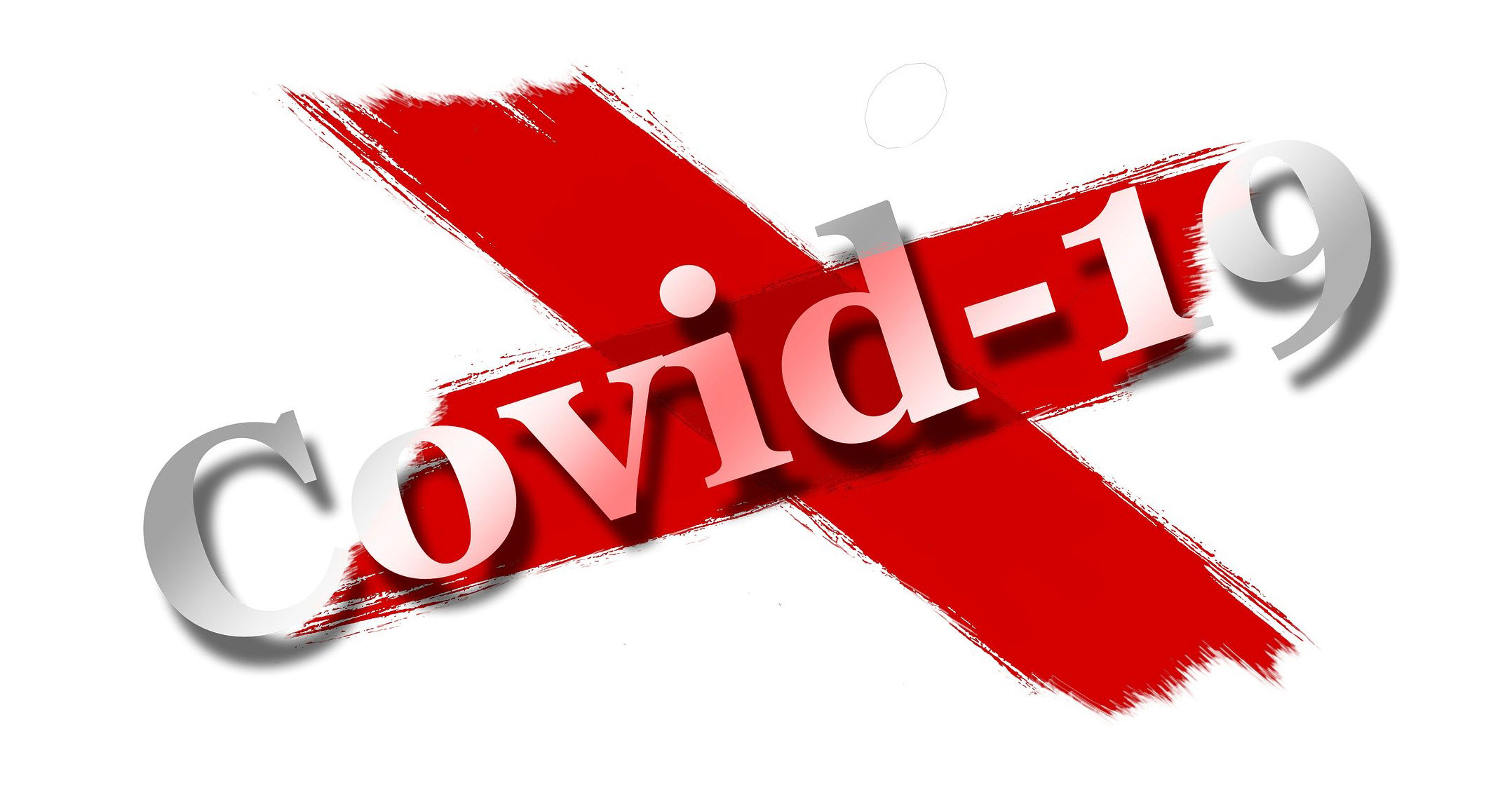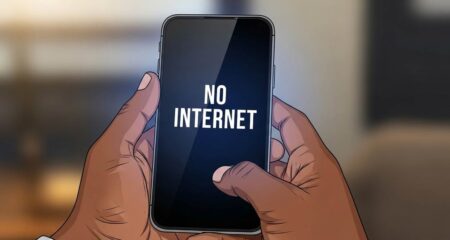 Africa is two to three weeks away from the worst of the coronavirus storm and needs an emergency economic stimulus of US$100-billion (R1.8-trillion) to bolster preventative measures and support its fragile healthcare systems, according to the United Nations Economic Commission for Africa.
Africa is two to three weeks away from the worst of the coronavirus storm and needs an emergency economic stimulus of US$100-billion (R1.8-trillion) to bolster preventative measures and support its fragile healthcare systems, according to the United Nations Economic Commission for Africa.
Almost half of the funds could come from waiving interest payments to multilateral institutions. That would give countries the fiscal space needed to impose social-distancing measures, widen social safety nets and equip hospitals to treat the sick ahead of an expected surge in infections, UNECA executive secretary Vera Songwe said by phone from Washington.
“If we want to have a fighting chance, we need it immediately,” she said. “In the next two to three weeks, if we act really decisively, we may be able to flatten the curve and then when the storm comes it will be not be as brutal as we see in Europe.”
One measure that can provide some immediate relief is the creation of the special purpose vehicle requested by African finance ministers through which interest payments on sovereign bonds could be sequestered and provide all countries on the continent, regardless of income level, with support, she said.
A lack of resources and staff means authorities must work fast to limit the spread of the disease on a continent where hospitals have an average of just 1.8 beds per thousand people, UNECA data show. While Africa accounts for 1% of global health expenditure, it carries 23% of the disease burden, including hundreds of thousands of deaths each year from malaria, HIV/Aids and tuberculosis.
“Our hospital systems are so weak and so stressed already that another stress on them is going to break them,” Songwe said.
3 000 infections
There are more than 3 000 Covid-19 infections in 46 countries across the continent, according to the Addis Ababa-based Africa Centres for Disease Control and Prevention.
The continent has never experienced a crisis of the scale and magnitude caused by the coronavirus pandemic, Songwe said. While its impact is likely to be felt for 12-18 months — with a loss of lives, jobs and businesses as economies grind to a halt — the potential loss of health-care providers and schooling would also weigh on the continent’s health and education sectors for years to come, she said.
 A coordinated global effort is required to assist countries and businesses, and support the recovery of economies across the world, she said.
A coordinated global effort is required to assist countries and businesses, and support the recovery of economies across the world, she said.
“If there is one African country or one country anywhere in the world that still has the coronavirus, the whole world has it. We’ve seen the speed of contamination and how quickly it can re-spread,” Songwe said. — Reported by Prinesha Naidoo, (c) 2020 Bloomberg LP




